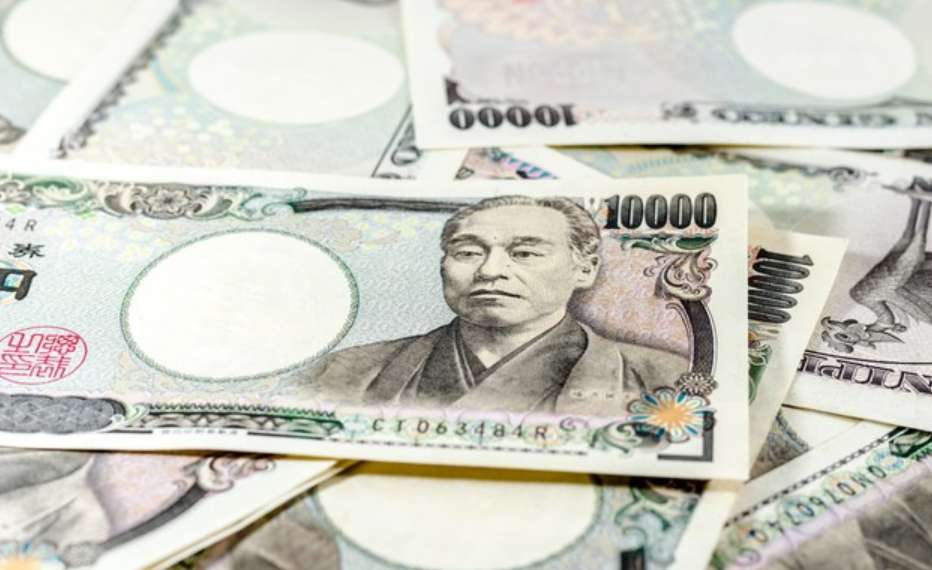Japan's Inflation Soars to Two-Year High
Advertisements
As concerns surrounding inflation risks continue to escalate, the Bank of Japan (BoJ) faces increasing pressures to adjust its monetary policy, potentially raising interest rates earlier than expected and increasing the terminal rate. Recent inflation data presents a compelling case for this shift.
The latest inflation data bolster the rationale for BoJ's interest rate adjustments. At its January monetary policy meeting, the central bank did raise rates by 25 basis points and deliberated on the potential for further tightening of monetary policy, with meeting summaries warning of inflation risks and the weak yen.
Specifically, the Bank of Japan noted, “To prevent the depreciation of the yen and overheating in financial activities—both of which seem to be driven by overly optimistic expectations for persistently loose monetary policy—some adjustments to the degree of monetary easing are necessary.”
The anticipation of rising interest rates has had an observable effect on Japan's government bond yields. On a prior trading day, the yield on the 10-year government bond exceeded 1.45%, reaching a 15-year high, but subsequently fell to 1.42%. Bank of Japan Governor Kazuo Ueda remarked on Friday that the central bank is prepared to increase its purchases of government bonds if yields surge significantly.
The risks associated with inflation have also not gone unnoticed by BoJ officials. Haruhiko Kuroda, a BoJ officer, asserted earlier this week the necessity for further rate hikes, noting that maintaining low rates could stimulate excessive risk-taking behavior and cause inflation to rise even further.

Prior to the release of consumer price index (CPI) data, Japan's quarterly and annual GDP growth figures exceeded expectations, registering increases of 0.7% and 2.8%, respectively. Nevertheless, forecasts for Japan's full-year GDP growth rate in 2024 are set at a modest 0.1%, a significant decline from the 1.5% growth rate of 2023.
In light of Japan’s robust economic indicators, a report from the Commonwealth Bank of Australia indicated that the rationale for potential pre-emptive rate hikes has grown stronger. Analysts at Bank of America commented earlier this week that the Bank of Japan “may increasingly worry about inflation risks,” further increasing the likelihood of early rate hikes and adjustments to the terminal rate.
Taro Saito, the economic research director at NLI Research Institute, forecasted, “In the first half of this year, Japan’s core inflation rate may remain around 3 percent... The Bank of Japan will focus on the timing of the next rate hike, rather than worrying about whether they need to hike rates at all.”
Following the release of the inflation report, BoJ Governor Ueda reiterated his stance in Parliament, asserting that if inflation trends continue to improve, interest rates are bound to increase.
post your comment